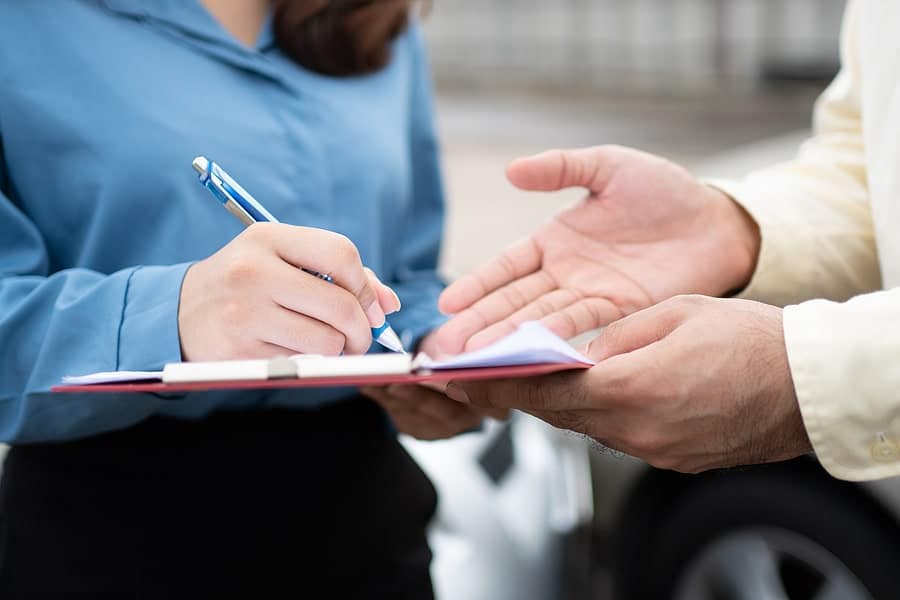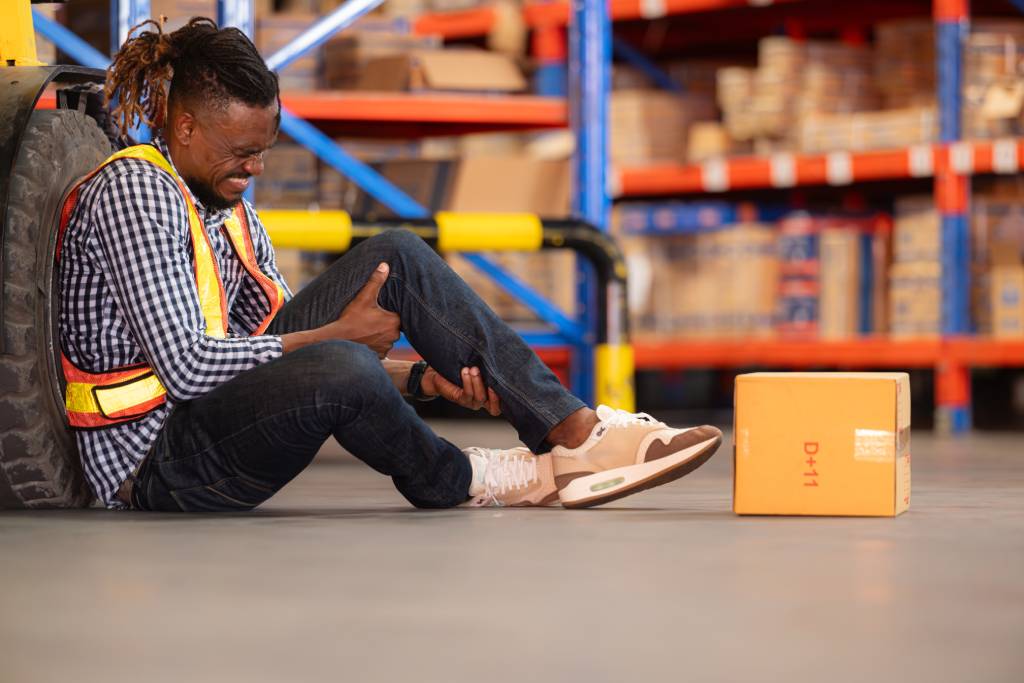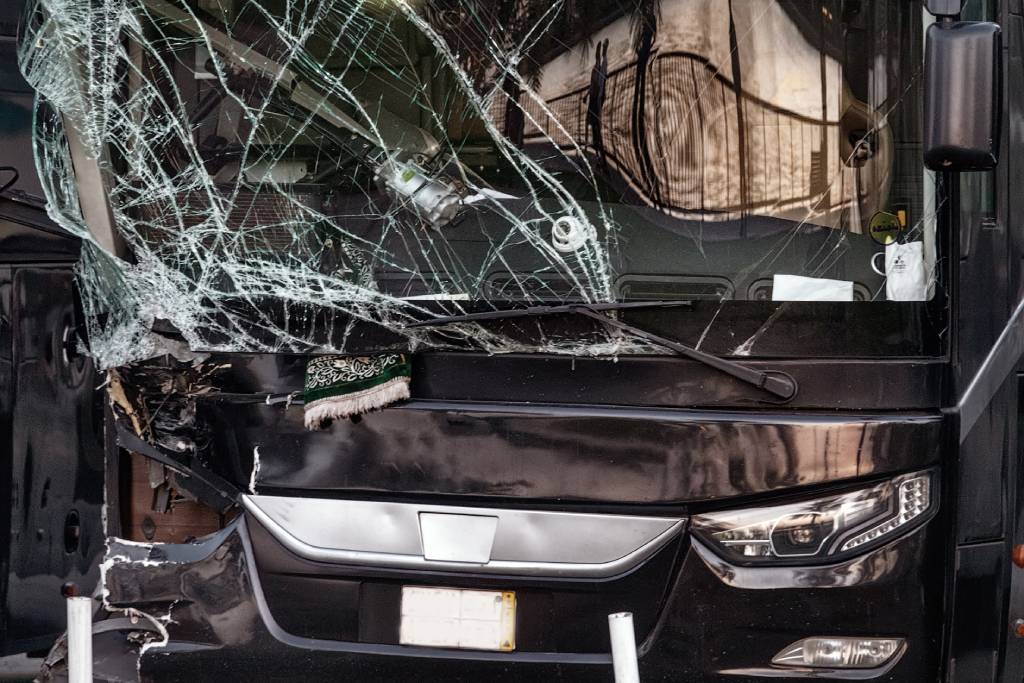Although almost every driver is required to have insurance in case of a motor vehicle accident, many individuals may be surprised to find that these insurance companies are not there to help them get the money they need following a crash. Rather, these companies are a business, and like other businesses, they want to make money. By offering victims less following an accident, they make more money.
Consequently, these companies have insurance adjusters who will try to ensure your payment stays modest by dismissing your vehicle’s damages by labeling them as old, indicating these damages did not result from the accident.
Unfortunately, this evaluation is not always correct, and because of that, it can impact the compensation you can get from the insurer following a car accident.
To better help you understand what you can expect from these insurance adjusters after a motor vehicle collision, we prepared this blog.
We will go over how insurance adjusters make their assessment, how this evaluation can affect your insurance claim, what you can do in response to the insurance adjuster’s assertions, and how an experienced car accident lawyer can fight for the compensation you deserve.
What Is a Claims Adjuster, and What Do They Do?
When an individual is involved in a car crash due to another person’s fault, depending on where they live, they may have to submit a claim to the at-fault party’s insurance company. The insurance adjuster or the claims adjuster is the individual who will investigate that claim on behalf of the insurance company.
The claims adjuster’s job is to assess the damage to the vehicle and figure out how much the insurance company should pay for a person’s losses and injuries. Additionally, due to the insurance adjuster’s training and experience, they can often determine which damages on a vehicle are old and which ones resulted from the accident.
Yet, to reach these findings, these insurance adjusters will use various approaches, including inspecting the vehicle themselves or having a repair shop look at the vehicle to get further details about the severity of the damages to it.
Once they obtain all this information, the insurance adjuster will prepare a report explaining everything about the claim and how much the insurer should pay to settle it. They will also let the victim know the next steps in the process.
What Do Adjusters Look for When They Evaluate a Claim?
Insurance companies are not keen on paying for damages that were not the result of the accident, especially damages that previously existed on the car. These insurance companies train their adjusters to spot these differences, identify fraud, and figure out which damage is new and which is old.
Thus, these insurance adjusters look for evidence of previous damage and repairs related to past incidents, such as rust, sanding, and mismatched paint on the car, which show that damages existed before the recent accident.
However, because the insurance company’s goal is to repair a car’s damages and provide coverage while giving individuals the least compensation possible, minimizing the settlement costs while still receiving the insurance premiums is how they profit. Consequently, adjusters may inaccurately dismiss some of a vehicle’s damages as unrelated to the crash or pre-existing to obtain this profit.
The Documentation an Insurer Uses to Assess Motor Vehicle Damages
To verify a motor vehicle’s damages and whether these damages are old or new, insurance adjusters will often try to obtain:
- Police reports and notes
- Pictures of the motor vehicle crash
- Interviews with other motorists and witnesses
These adjusters will then use these documents, videos, and pictures to determine the circumstances of the accident, figure out who was responsible for the crash, and decide what damages to the car were old and which ones occurred because of the accident.
The Steps Adjusters Take to Assess Damages After a Motor Vehicle Accident
One of the first things insurance adjusters often check is the car’s history to verify if it has an account of accidents, was sold as junk, or has been totaled in the past. Next, the adjuster will perform an inspection on the vehicle, where they will closely check all the areas of the motor vehicle where the damage has occurred.
Insurance adjusters will also look into whether the car has a dark history, such as mismatched upholstery or electrical system failure, which they often find in water-damaged vehicles.
Adjusters look for these signs to catch motorists who may have unknowingly bought a car damaged by a flood and are now trying to get the insurance company to pay for their losses by staging a pretend crash to file a claim and get their money returned to them.
Watch What You Say to the Insurance Company Adjuster After the Accident
Because insurance adjusters are looking for any reason to deny your claim or get you less money than you need, when speaking with these adjusters for the first time, avoid: making any conclusive statements about what happened, taking the blame for the accident, apologizing, or offering too many details about the crash. They will use comments and statements against you to hurt your case and decrease the money you receive.
Instead, when the insurance adjuster calls, do not provide them with any recorded statements or details about the accident. Instead, tell the adjuster that your lawyer will handle all these conversations going forward.
Once you hire an experienced car accident attorney, these legal professionals can take on these discussions on your behalf and help ensure you do not make comments that can hurt your case as they fight for the money you need.
Beware of Accepting a Settlement from the Insurer
Once the insurance adjuster reviews your accident and assesses your damages, they may offer you a settlement. While this may seem like great news, you should be wary of accepting this amount. Often, insurance companies try to provide accident victims with a meager settlement amount shortly after their accident in hopes that these individuals do not look into this offer or verify that it is enough to cover all of their losses and injuries.
In addition, these insurance companies also know that once these individuals accept this settlement, they will not be able to return to them to ask for more money down the road, even if the additional expenses stem from the original accident. These adjusters try to get you when you are most vulnerable to avoid paying you what you deserve.
Before you accept any settlement offer from the insurer, you want to wait until you complete all of your medical treatments and you have spoken to a knowledgeable car accident lawyer. This can ensure that you better understand your medical needs and verify that the settlement amount is fair to you. If not, these skilled legal professionals can fight for an appropriate settlement.
Take Action After a Motor Vehicle Accident and Help Your Claim
While the last thing you want to do after a car accident is to gather evidence from the crash scene or talk to witnesses, these steps can protect your legal rights.
As a result, after a car crash, you should:
Call the Authorities Immediately After the Accident
The fastest way to alert the police of the crash and medical personnel of your injuries is to call 911 immediately following a car accident. After the cops arrive and investigate the collision, they can jot down their findings in their police report.
This report can provide you and your attorney with helpful information regarding what happened and serve as valuable evidence, especially if the insurance adjuster argues that certain damages to your car were old and not the result of the accident.
Take Photos and Videos of the Damage to Your Car and Your Injuries
If your injuries allow for it and the scene is safe, you want to gather as much evidence from the crash scene as possible.
This should include photos and videos of:
- Your visible injuries
- The vehicles involved in the accident
- The position of these vehicles on the road,
- The damage to your car
- Traffic signs and signals near the area
- Skid marks on the street
- Road defects
- The weather conditions at the time of the accident,
- And any other evidence that can help show what happened.
This evidence can verify your version of what happened in the accident and even substantiate the extent of your car’s physical damages.
Check for Witnesses and Get Their Information
If there were people at the scene, try to get their names and contact information. These individuals can often provide your lawyer with further details regarding the incident and what happened and offer testimony that can help substantiate the extent of the damages your vehicle endured.
Get Checked Over By a Doctor Right Away
The insurance adjuster will likely check if you went to the doctor or a hospital after your accident. If you did not, the adjuster will try to use this against you by arguing that by failing to obtain medical treatments, you contributed to the current severity of your injuries and, as a result, deserve less compensation. In addition, the adjuster may also determine that failing to see a doctor right after your incident may show that your injuries are not that serious or resulted from a subsequent event.
Fight for the Money You Need with an Experienced Motor Vehicle Accident Lawyer on Your Side
Following a car accident, the last thing you want to stress over is whether the insurance company will get you the money you need for your injuries and losses or whether the adjuster will claim your car damage is not the result of the accident. Thankfully, with an experienced car accident lawyer fighting on your behalf, you will not have to deal with these adjusters yourself.
Instead, once you hire an attorney, they can provide you with the legal assistance you need to take on your claim, fight for the financial recovery you deserve, and can:
- Review your accident, evaluate your legal claim, and determine if you have a viable case.
- Go over your questions and concerns, and figure out your legal options.
- Investigate your motor vehicle accident thoroughly and obtain documents and photos needed to show fault and the extent of the damages to your car.
- Hire experts to validate your claims, such as engineers and accident re constructionists.
- Prepare your legal motions and submit them to the appropriate court before the statute of limitation runs out.
- Take on the insurance companies and their adjusters and fight for a just settlement offer.
- Proceed to trial if the insurance company is unwilling to get you the money you need and go after maximum damages.
If you suffered property damages and severe injuries in a car accident due to another driver’s wrongful actions, do not take on these insurance adjusters alone. Instead, contact a skilled car accident attorney today for a free evaluation and find out how these attorneys can help you fight for the justice and compensation you deserve.



